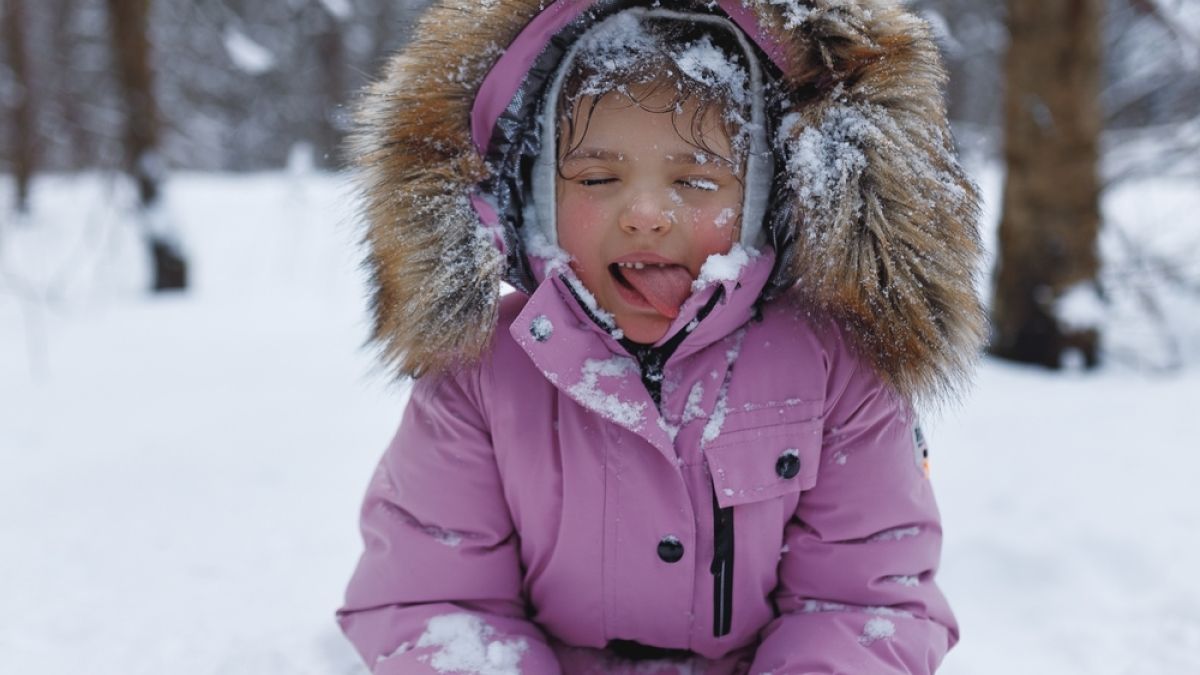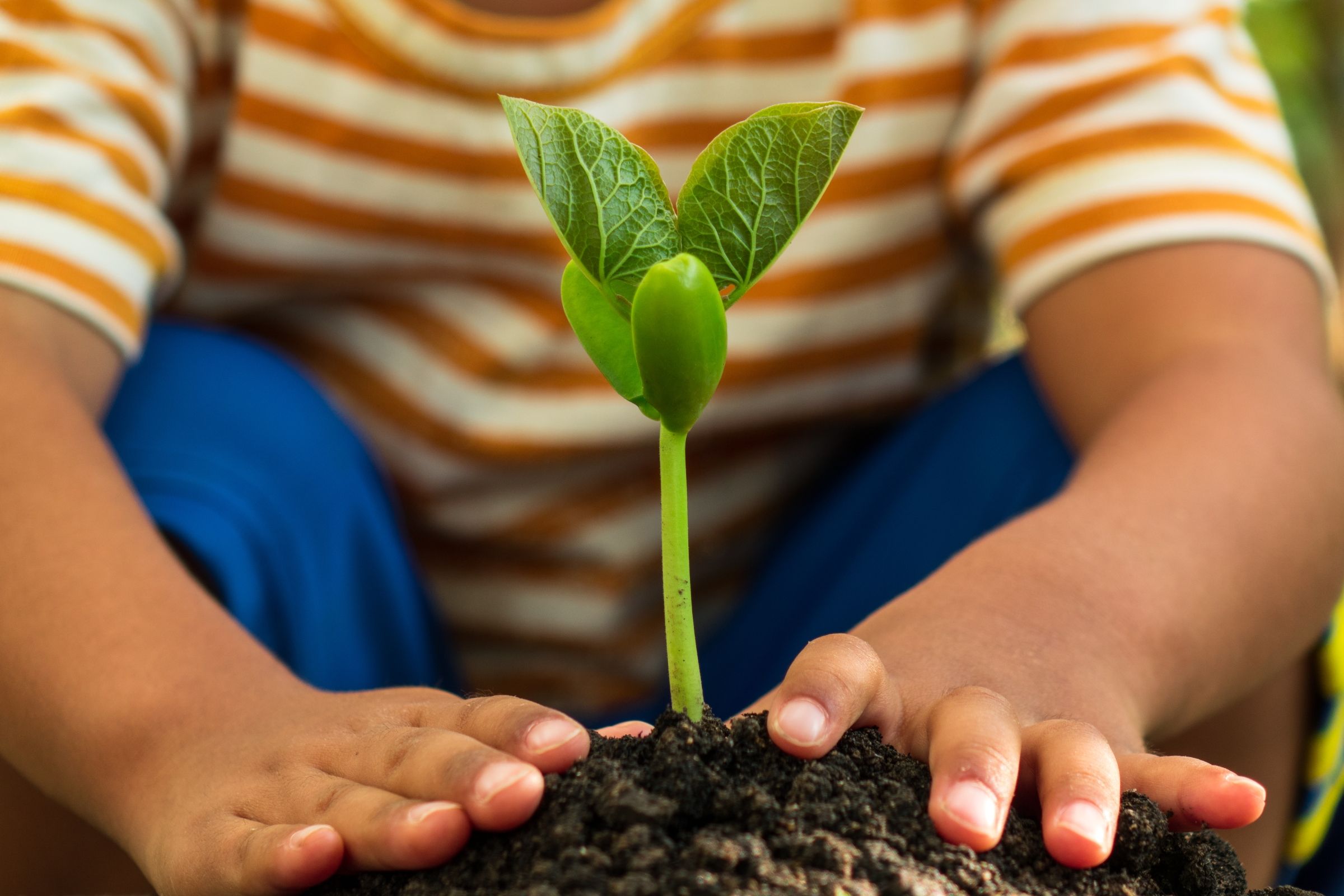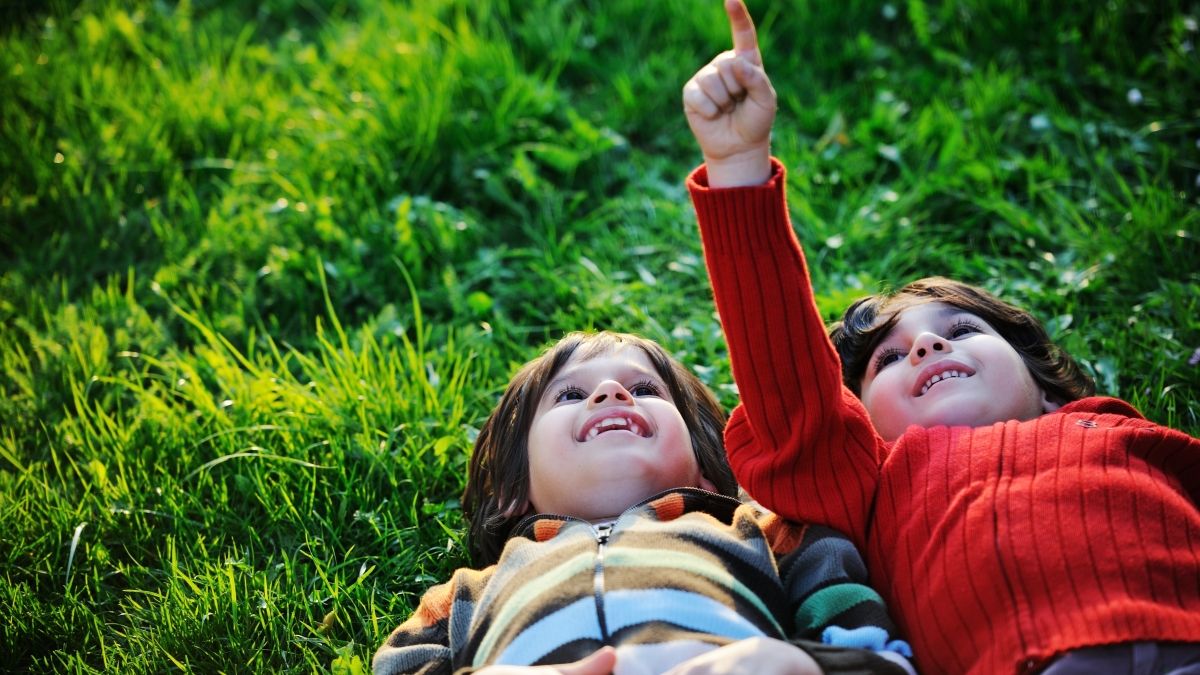Nature is increasingly being recognized as an important, and often low-cost, tool for fostering children's health and development.
Throughout human history, people of all ages have learned from the world around them. Consider any domain of child development-whether it's cognitive, physical, or socio-emotional-and there is ample evidence that good teaching in natural outdoor environments, from wild areas to green schoolyards to city parks, promotes a child's healthy development, while also connecting children deeply with the places where they live and the natural and human communities of which they are a part.
Nature Enhances Health and Development
Whether it's natural environments, gardens, green schoolyards, outdoor classrooms, or even simply views of nature, research suggests that there are a variety of ways that nature enhances children's health and development.
- Enhancing brain development, communication, and physical activity and motor development
- Improving academic performance, including helping children produce richer writing and providing foundations for science learning
- Promoting socio-emotional development; emotional resilience and self-regulation; and executive function
- Providing mental health benefits and therapeutic benefits to children with autism
- Reducing stress and symptoms of ADHD
Image

Flourishing in Nature
Researchers at at the University of Minnesota Duluth have been studying the effects of nature-based preschools on children's development, learning, and well-being and have published a series of research briefs on their findings.
Research also points to the importance of childhood experiences for forging connections to the natural world and promoting the development of environmental literacy. These experiences can:
- Promote the development of children's ecological identity
- Foster children's ecological literacy
- Increase children's knowledge of animals
- Predict environmental citizenship and a commitment to nature-based activities in adults

Why are the early childhood years so important?
In recent decades, scientists have discovered how critically formative the first years of life are for human development and future success. At the same time, research has demonstrated very compellingly that high-quality early childhood education is an investment that pays dividends in terms of future learning, earning, and health. Over and over again, research tells us that early experiences make a difference for a lifetime.
Nature—natural environments, natural materials, wild plants and animals, etc.—provides endless and varied opportunities to engage and support children’s overall development, and to help build a foundation for environmental literacy. In those critical early years, our aim is to use nature and the environment to engage children, to spur them to ask questions and search for solutions, to work together, to care for other living things, to cultivate a sense of wonder, and build other skills that help children grow into engaged global citizens.—Natural Start Alliance Director Christy Merrick, 2015 interview in Taproot: Journal of Outdoor Education
Early childhood environmental education aims to maximize the benefits of early experiences in nature to create a foundation for environmental literacy. The North American Association for Environmental Education's Early Childhood Environmental Education Programs: Guidelines for Excellence lays out the key characteristics associated with high-quality early childhood environmental education programs.
Image

eeWORKS: The Benefits of Nature-Based Learning in Early Childhood
Researchers at Stanford University compiled years of research to understand how nature-based learning in early childhood affects children's development. They found positive impacts in multiple areas of child development, from supporting cognitive growth to encouraging social-emotional learning.